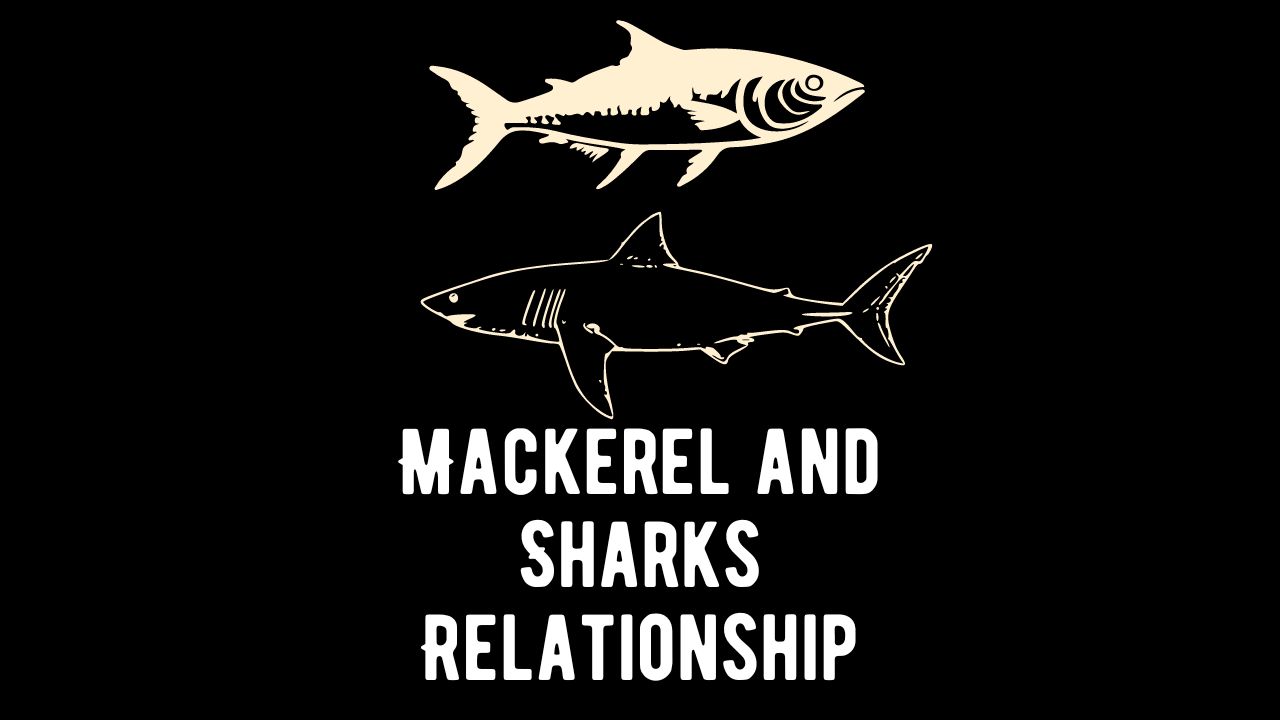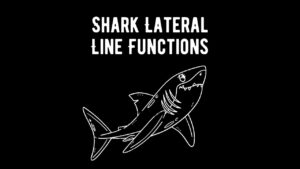
Beneath the Waves: the Intricate Relationship Between Mackerel and Sharks
In the vast expanse of the ocean, a complex web of relationships shapes the dynamics of marine life. Among these interactions, the relationship between mackerel and sharks stands out as a fascinating and crucial component of the marine ecosystem. Join us on a journey beneath the waves as we delve into the intricacies of the connection between mackerel and sharks, exploring their behaviors, ecological significance, and the delicate balance they maintain.
I. Introduction to Mackerel and Sharks:
1. Mackerel:
- Mackerel, a group of fast-swimming pelagic fish, are known for their streamlined bodies and distinctive patterns.
- They belong to the family Scombridae and play a vital role in marine food webs.
2. Sharks:
- Sharks, as apex predators, occupy the upper levels of marine food chains.
- Diverse in species, sharks contribute to the balance of marine ecosystems by regulating prey populations.
II. The Dynamic Relationship:
1. Predator-Prey Dynamics:
- Mackerel often serve as a primary food source for various shark species.
- Sharks, as opportunistic predators, play a role in regulating mackerel populations, preventing overpopulation and maintaining ecosystem balance.
2. Feeding Behaviors:
- Sharks exhibit a range of feeding behaviors, from swift and agile pursuits to ambush strategies, as they hunt mackerel.
- Mackerel, in turn, display evasive maneuvers and schooling behaviors to avoid predation.
III. Migration Patterns:
1. Seasonal Movements:
- Both mackerel and sharks are known for their seasonal migrations, often driven by changes in water temperature and prey availability.
- These movements influence the timing and locations of their interactions.
2. Hotspots and Feeding Grounds:
- Certain regions become hotspots for the interaction between mackerel and sharks, where nutrient-rich waters attract both prey and predators.
- Mackerel concentrations may draw sharks to specific feeding grounds.
IV. Ecological Significance:
1. Regulating Prey Populations:
- Sharks contribute to the regulation of mackerel populations, preventing unchecked growth that could have cascading effects on the broader marine ecosystem.
2. Biodiversity Maintenance:
- By controlling mackerel numbers, sharks indirectly support the biodiversity of marine environments, allowing other species to thrive.
V. Challenges and Adaptations:
1. Human Impact:
- Overfishing, habitat degradation, and climate change pose threats to both mackerel and shark populations, disrupting their natural interactions.
- Adaptations, such as changes in migration patterns, may occur as a response to these challenges.
VI. Conservation Considerations:
1. Sustainable Fishing Practices:
- Implementing sustainable fishing practices is crucial for maintaining the balance between mackerel and sharks, ensuring the health of both populations.
2. Marine Protected Areas:
- Establishing marine protected areas can provide refuge for both mackerel and sharks, allowing for natural interactions and preserving the integrity of the ecosystem.
VII. Conclusion:
The relationship between mackerel and sharks exemplifies the delicate dance of predator and prey beneath the ocean’s surface. As integral components of marine ecosystems, these species contribute to the intricate balance that sustains life in the ocean. Understanding and preserving this relationship is not only vital for the health of mackerel and sharks but also for the well-being of the broader marine environment they coexist in.
Frequently Asked Questions (FAQs):
Q1: Are all sharks predators of mackerel?
- Answer: While many shark species include mackerel in their diet, not all sharks specifically prey on mackerel. Shark species exhibit diverse feeding habits, and their prey selection depends on factors such as size, habitat, and geographic location.
Q2: What types of mackerel are commonly targeted by sharks?
- Answer: Various shark species target different types of mackerel, including Atlantic mackerel, Spanish mackerel, and king mackerel. The specific preferences depend on the shark species and the availability of mackerel in their habitat.
Q3: Do sharks exclusively eat mackerel, or do they have a varied diet?
- Answer: Sharks have a varied diet that includes a range of marine organisms. While some species may specialize in feeding on mackerel, many sharks are opportunistic predators that consume a diverse array of prey, including other fish, squid, and marine mammals.
Q4: How do sharks hunt mackerel?
- Answer: Sharks employ various hunting strategies to capture mackerel, including swift pursuits, ambushes, and cooperative hunting in some species. The hunting method often depends on the shark’s species, size, and the behavior of the mackerel.
Q5: Are there any shark species that specifically avoid mackerel?
- Answer: While some shark species may not prioritize mackerel in their diet, the avoidance or preference for mackerel can vary among individual sharks. Factors such as prey availability, environmental conditions, and the shark’s nutritional needs influence their feeding habits.
Q6: How do mackerel defend themselves against sharks?
- Answer: Mackerel have evolved various defense mechanisms against predators, including sharks. Their swift swimming abilities, schooling behavior, and agility make it challenging for sharks to capture them. Additionally, mackerel may utilize their streamlined bodies to escape from predators.
Q7: What role do mackerel play in the marine food web aside from being prey for sharks?
- Answer: Mackerel are integral to marine food webs as both predators and prey. They consume smaller organisms, contributing to the regulation of lower trophic levels. Additionally, mackerel serve as prey for a variety of marine species, supporting biodiversity in the ocean.
Q8: How does the interaction between mackerel and sharks impact marine ecosystems?
- Answer: The interaction between mackerel and sharks plays a crucial role in maintaining the balance of marine ecosystems. Sharks help regulate mackerel populations, preventing overgrazing on smaller organisms. This balance contributes to the overall health and biodiversity of marine environments.
Q9: Are there conservation efforts in place to protect mackerel and sharks?
- Answer: Yes, conservation efforts target both mackerel and shark populations. These efforts include sustainable fishing practices, marine protected areas, and initiatives to mitigate the impacts of climate change and habitat degradation. Conservation is essential for preserving the delicate balance between these species.






